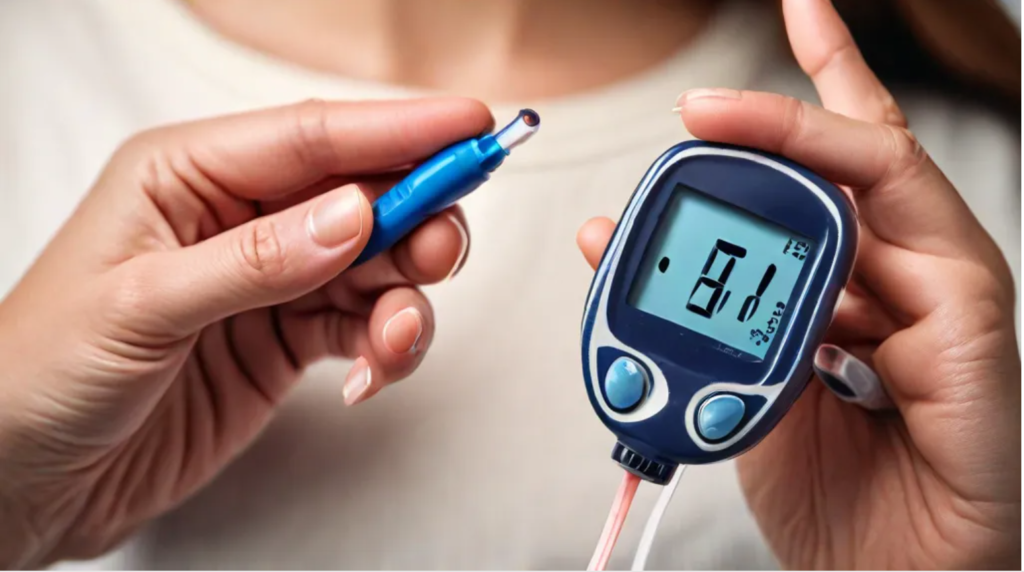Diabetes is a serious health problem. It affects millions of people. It changes how your body uses sugar. This article talks about diabetes. We will explore research. We will discuss education. Plus, we will cover advocacy. Let’s learn more.
Understanding Diabetes
First, what is diabetes? It’s a disease. Your body can’t make enough insulin. Or, it can’t use insulin well. Insulin is important. It helps sugar get into your cells. Your cells use sugar for energy. Without enough insulin, sugar stays in your blood. High blood sugar can cause problems. These problems can be serious. They can affect your eyes. They can hurt your kidneys. They can damage your nerves. Also, they can lead to heart disease.
Types of Diabetes
There are different kinds of diabetes. Type 1 diabetes is one type. With type 1 diabetes, your body doesn’t make insulin. Type 2 diabetes is another type. With type 2 diabetes, your body doesn’t use insulin well. Gestational diabetes happens during pregnancy. It usually goes away after the baby is born But, it can increase your risk of type 2 diabetes later.
Research on Diabetes
Scientists are working hard. They want to find better ways to treat diabetes. They are studying new medicines. They are also looking at new technologies. For example, they are developing better insulin pumps. These pumps can help people manage their blood sugar. Researchers also study how to prevent diabetes. They examine lifestyle changes. These changes include diet. They also include fitness. Fitness is important for everyone. It is especially important for people with diabetes.
The Importance of Education
Education is key. People with diabetes need to learn a lot. They need to learn about healthy eating. They need to learn about fitness. They need to learn how to check their blood sugar. They need to learn how to take their medicine. Diabetes education programs can help. These programs teach people how to manage their diabetes. They can also teach families about diabetes. This helps families support their loved ones.
Advocacy for Diabetes
Advocacy is also important. People with diabetes need support. They need access to affordable healthcare. They need access to diabetes education. Advocacy groups work to make this happen. They talk to lawmakers. They raise awareness about diabetes. They help people with diabetes get the resources they need. They fight for better treatments. They work to find a cure. They also promote fitness as a way to prevent and manage diabetes.
Managing Diabetes: A Daily Effort
Living with diabetes takes work. It means making healthy choices. It means checking your blood sugar. It means taking your medicine. It means staying active. Fitness plays a big role. Regular fitness can help control blood sugar It can also help you lose weight. Losing even a little weight can make a big difference. Talk to your doctor about fitness. They can help you create a fitness plan. This plan should be safe and effective.
Food and Diabetes
What you eat matters. People with diabetes should eat healthy foods. They should eat lots of fruits and vegetables. They should choose whole grains. They should limit sugary drinks. They should also limit processed foods. A registered dietitian can help. They can help you create a meal plan. This meal plan should fit your needs. It should also fit your lifestyle.
Working with Your Doctor
It is important to see your doctor regularly. Your doctor can check your blood sugar. They can also check for complications. They can help you manage your diabetes. They can answer your questions. They can provide support. Don’t be afraid to ask questions. Your doctor is there to help you.
Conclusion of diabetes
Diabetes is a challenging disease. But, it can be managed. Research is ongoing. Education is important. Advocacy makes a difference. Fitness and healthy eating are key. By working together, we can improve the lives of people with diabetes. We can also work to prevent diabetes in the first place.
FAQ‘s
Q: Can diabetes be cured?
A: There is currently no cure for diabetes. But, it can be managed. With proper management, people with diabetes can live long and healthy lives.
Q: How can I prevent type 2 diabetes?
A: You can lower your risk. Eat a healthy diet. Get regular fitness. Maintain a healthy weight. Talk to your doctor about your risk.
Q: What are the symptoms of diabetes?
A: Symptoms can include frequent urination. They can include excessive thirst. They can include unexplained weight loss. They can also include blurry vision. See your doctor if you have any concerns.
Q: How often should I check my blood sugar?
A: Your doctor will tell you how often to check. It depends on the type of diabetes you have. It also depends on your treatment plan.
Q: What should I do if my blood sugar is high?
A: Talk to your doctor. They will give you instructions. They may tell you to take more medicine. They may tell you to change your diet. They may tell you to increase your fitness.
Q: What should I do if my blood sugar is low?
A: Talk to your doctor. They will give you instructions. They may tell you to eat something sweet. They may tell you to drink juice. They may tell you to take glucose tablets.
Q: Is fitness important for people with diabetes?
A: Yes! Fitness is very important. It helps control blood sugar. It also helps you lose weight. Talk to your doctor about creating a fitness plan.
Q: Where can I learn more about diabetes?
A: You can talk to your doctor. You can visit the website of the American Diabetes Association. You can also find information online. Be sure to get information from reliable sources.








